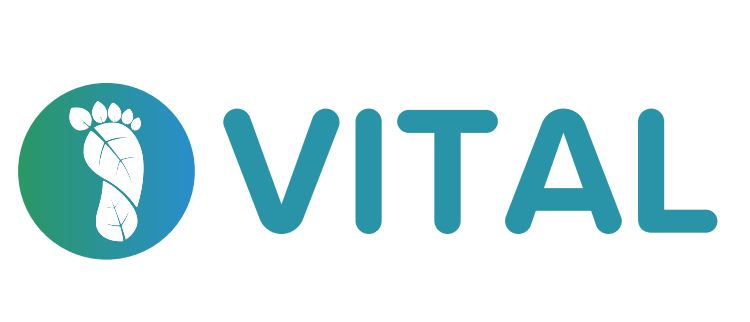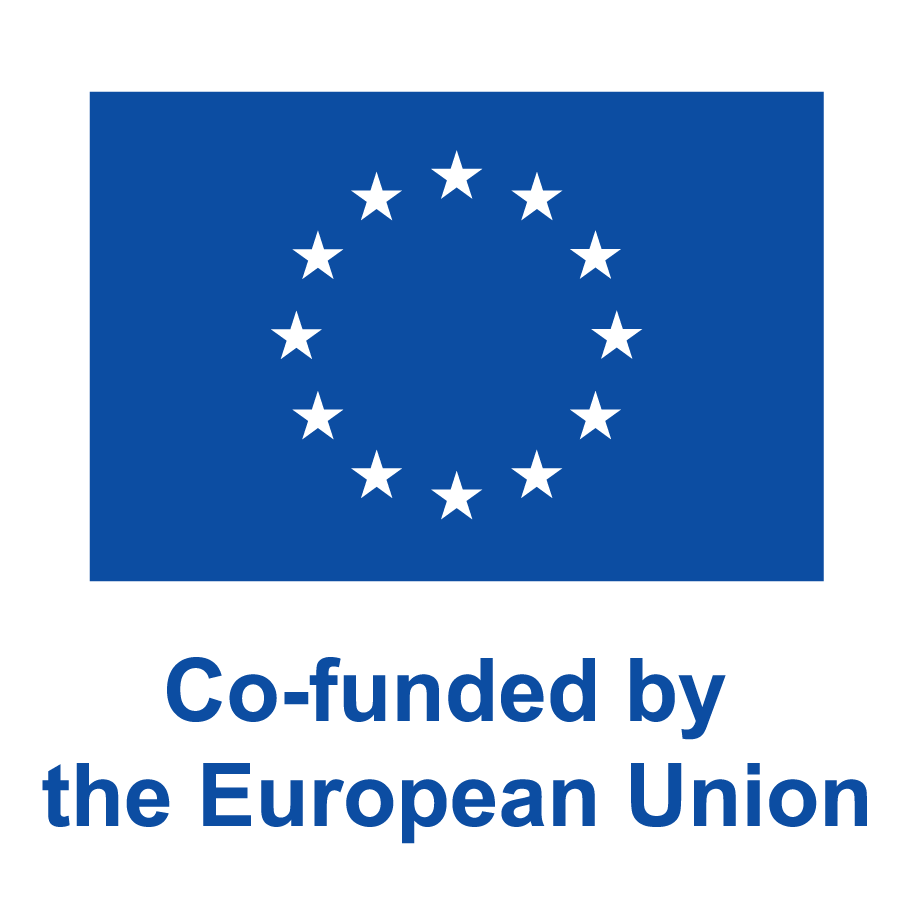 |
Erasmus Project No. 2021-1-CZ01-KA220-ADU-000026532A Modular VR & AR Based Educational Toolkit To Help EU Adults Foster Climate Neutral Practices
|
 |
The VITAL project is motivated by the EU's Green Deal Action Plan and the exploitation of two Erasmus+ priorities – the fight against climate change combined with digital transformation in this case in the adult education sector. Various studies, statistics and surveys show that the rate of natural resource extraction is rapidly growing and our planet and the home of mankind can come to exhaustion of its finite resources. In a nutshell, the behaviour and lifestyle of EU Citizens in terms of consumption and use of products and services needs to be influenced so that we all contribute daily actions that are more sustainable and aligned with best practices leading to carbon neutrality.
The main objectives of the VITAL project are:
- Using an activity-based learning methodology to stimulate critical thinking and help adults understand in simpler terms and with examples, what the EU Green Deal is all about.
- To help adult trainers create relevant activity-based learning activities which could be based on different areas applicable to the EU Green Deal (farm to fork, sustainable industry, building and renovating, eliminating pollution and single-use items, etc.)
- To support a basic understanding of the main scientific principles and other phenomena involved e. g., in the greenhouse effect, carbon/material footprint, heat losses etc. through AR/VR based case studies.
- Making use of AR and VR to develop content-rich training material that helps adults understand better and how they can foster and adopt resourceefficient practices both at home and at their place of work (thus, work with digital transformation and the increase of digital literacy skills and digital content creation at the same time).
- Promote work-based learning and digital tools to allow direct implementation of acquired knowledge.
The key project results are:
- R1: Modular Training Resources To Foster Climate Neutral Practices;
- R2: The VITAL Modular Open Educational Toolkit;
- R3: VITAL Trainer’s Guide
Given that the VITAL project addresses training with the support of the digital technology in terms of Augmented Reality or Virtual Reality and the field of environmental responsibility and climate-friendly behaviour, the seven project partners were explicitly selected to collectively allow the partnership to have expertise in these fields, in addition to expertise in education.
- UNIVERZITA PALACKEHO V OLOMOUCI, Czech Republic, OLOMOUC, www.upol.cz
- Social Cooperative Enterprise Drosostalida Greece, Aττική (Attiki), Athens, www.drosostalida.org
- MACDAC ENGINEERING CONSULTANCY BUREAU LTD - MECB, Malta, IKLIN, www.mecb.com.mt/eu
- UNIVERSITATEA POLITEHNICA DIN BUCURESTI - CAMIS Center, Romania, BUCHAREST, camis.pub.ro
- NERCIA DIGITAL SL, Spain, Andalucía, ALJARAQUE, www.inerciadigital.com
- ISTANBUL VALILIGI, Turkey, İstanbul, ISTANBUL, www.istanbulab.gov.tr
- Lipka - skolske zarizeni pro environmentalni vzdelavani Brno, prispevkova organizace, Czech Republic, Jihomoravský, kraj Brno, www.lipka.cz
For more information please visit the project website .











